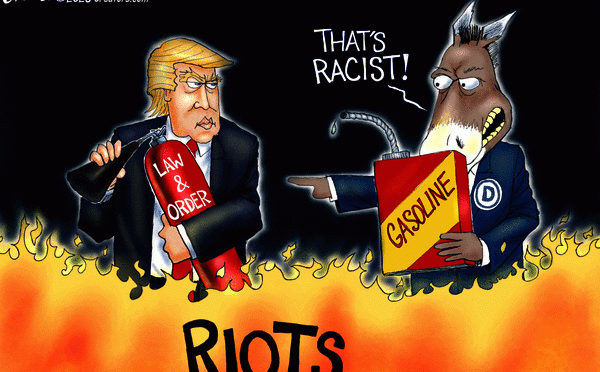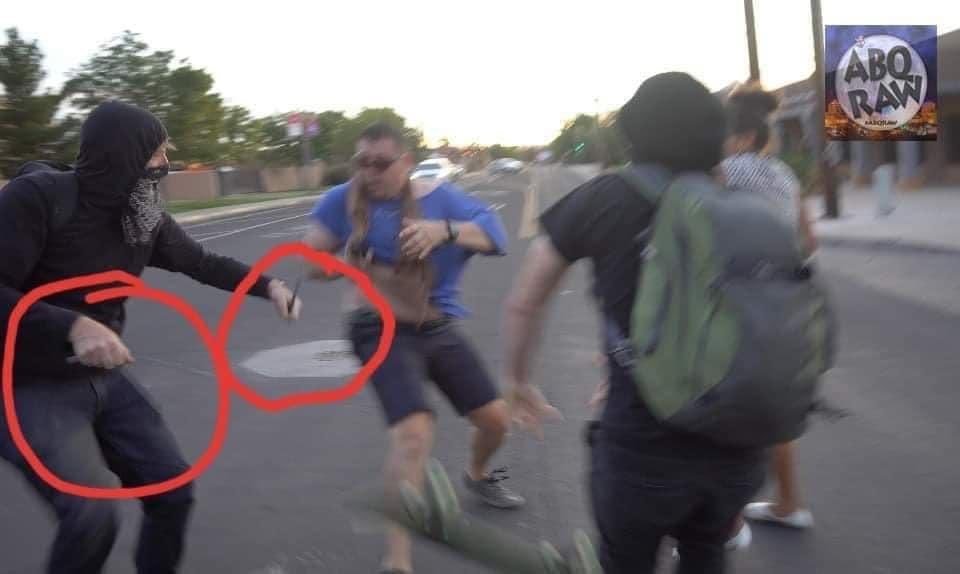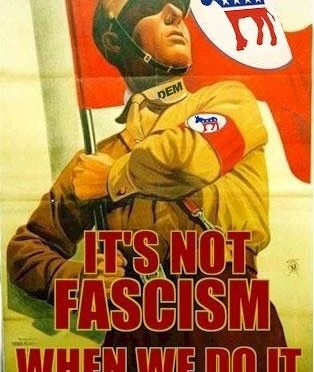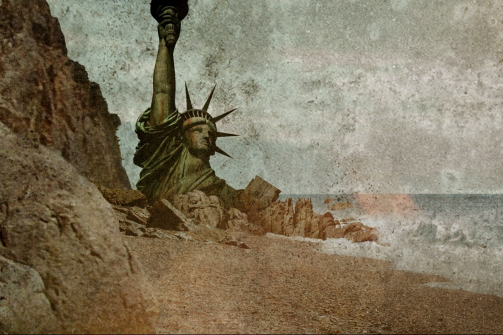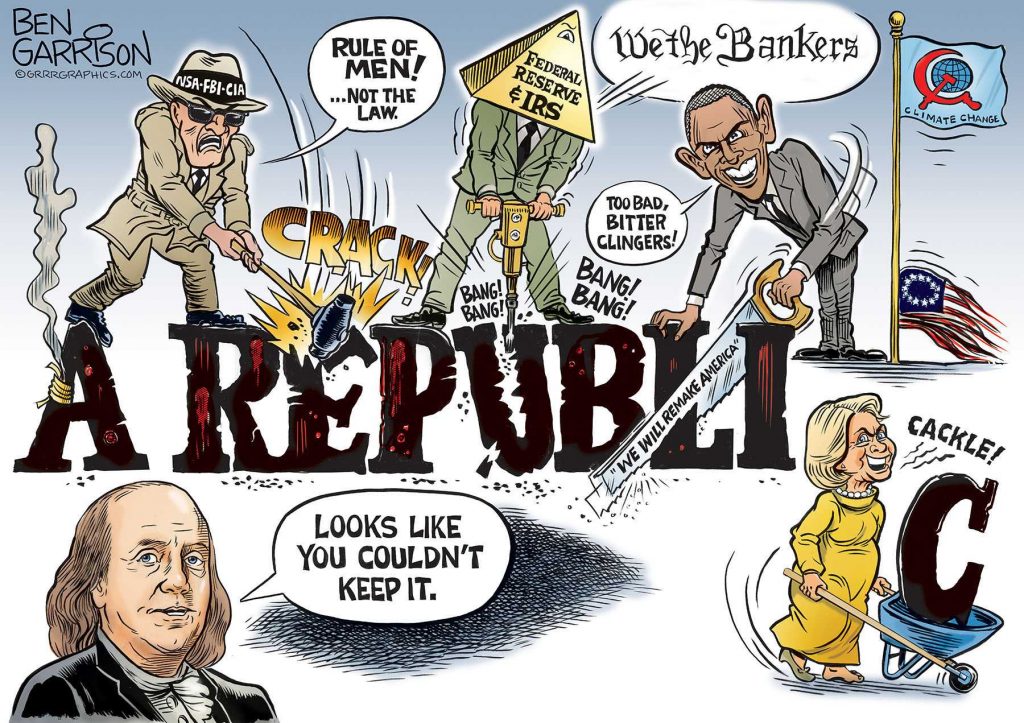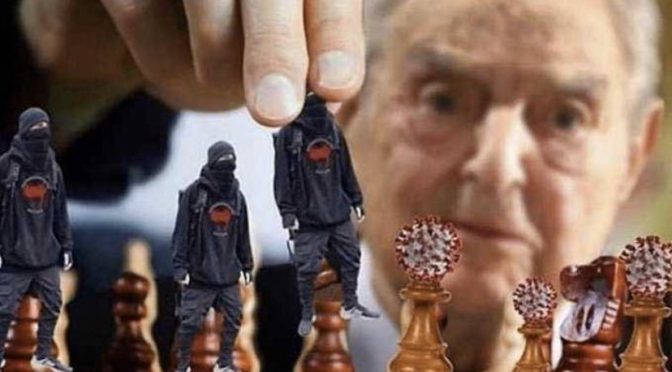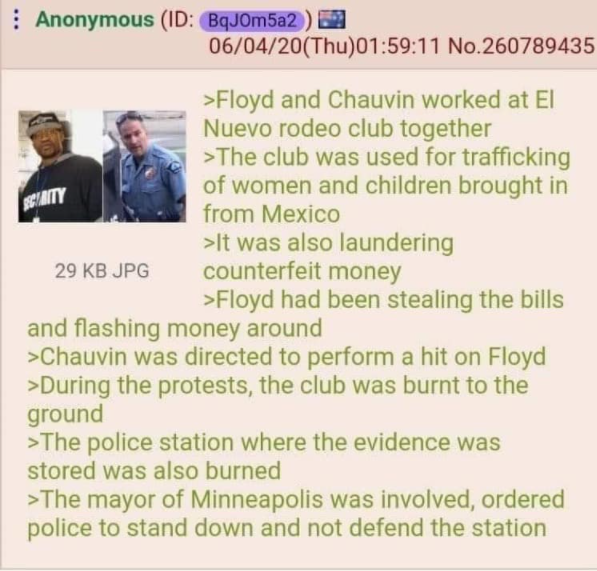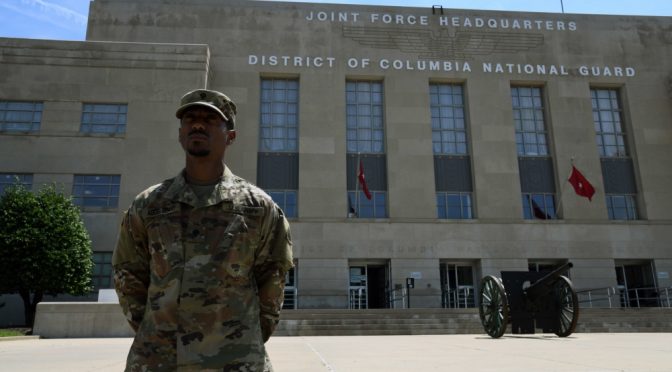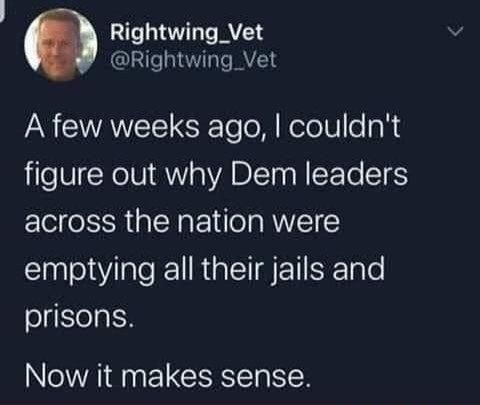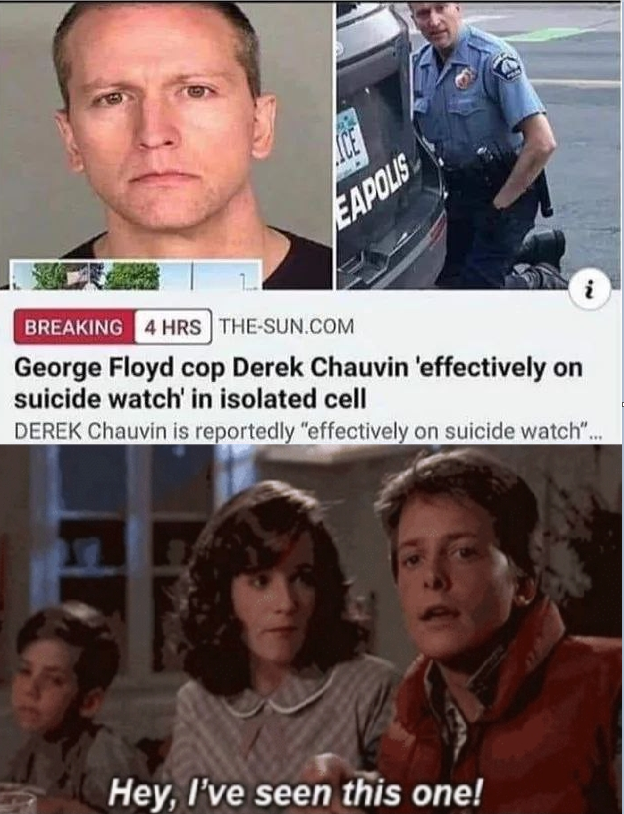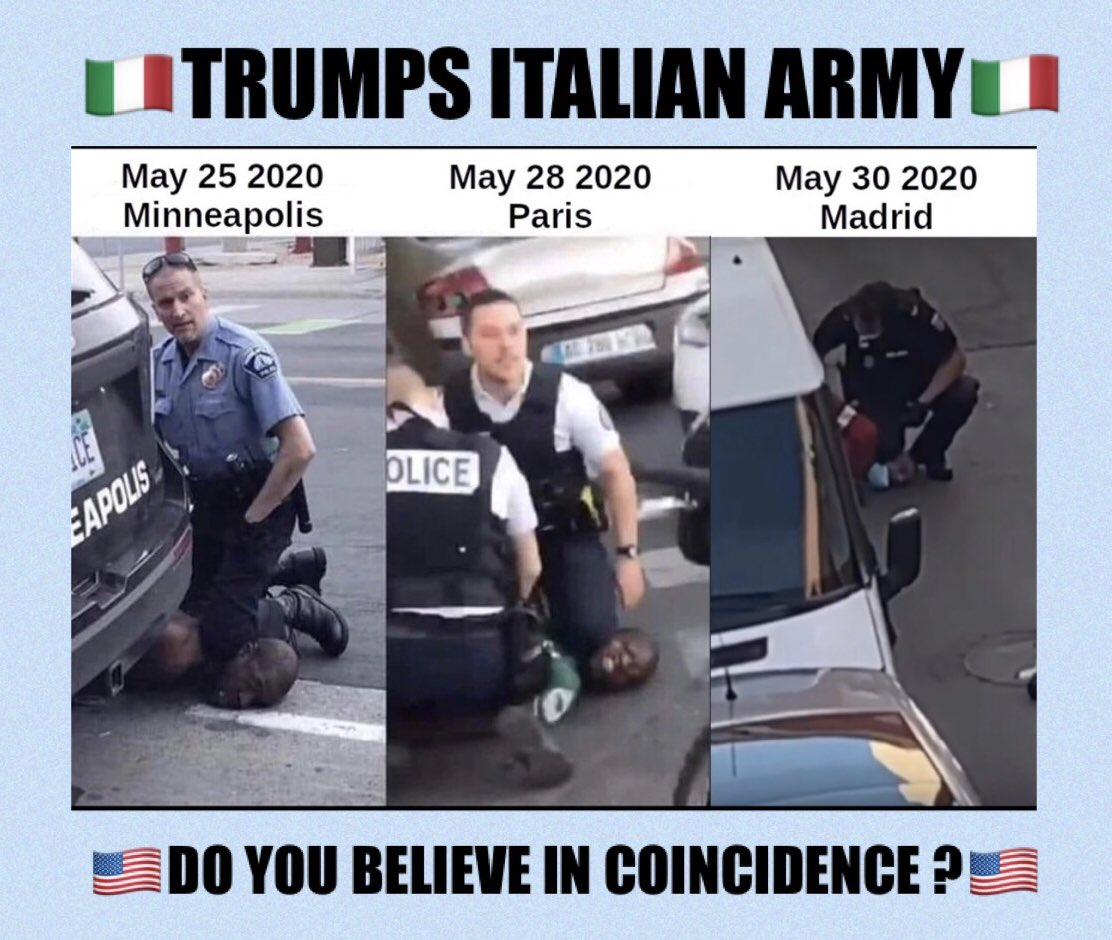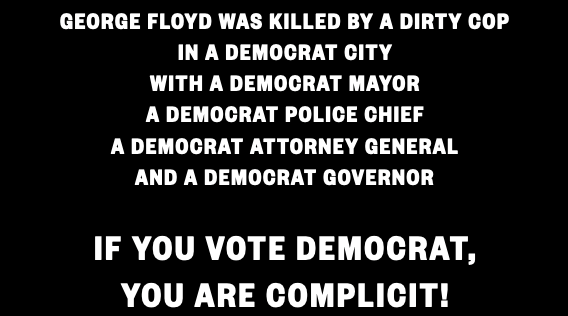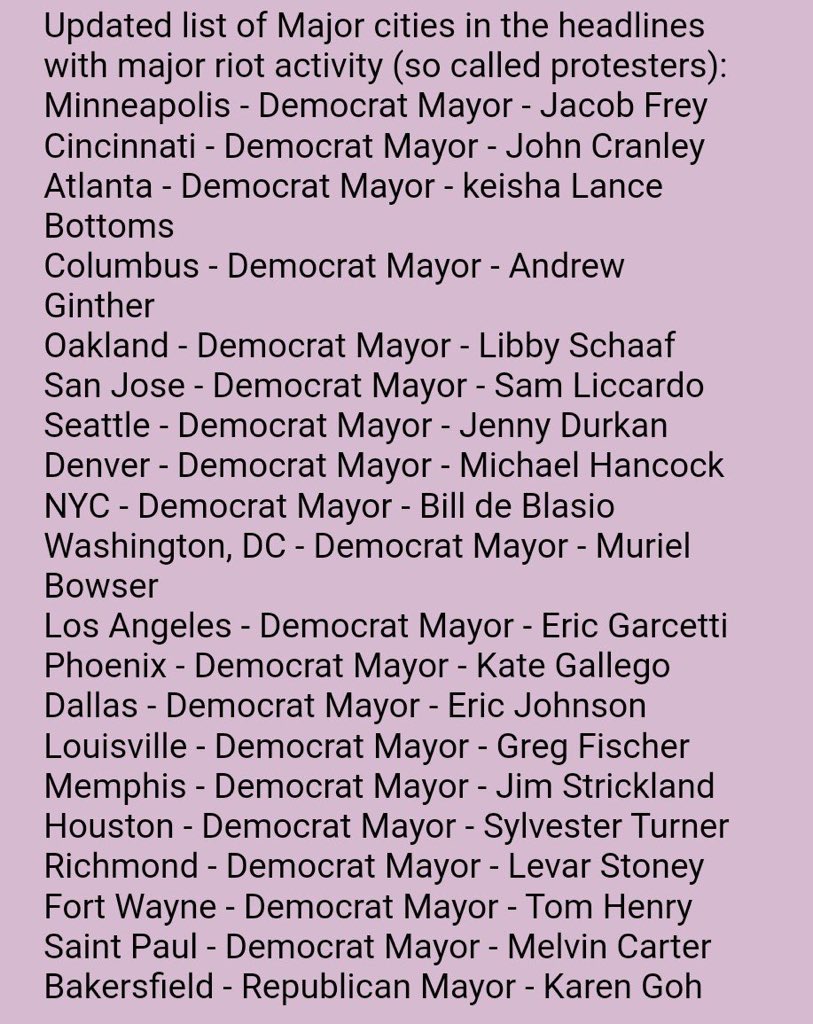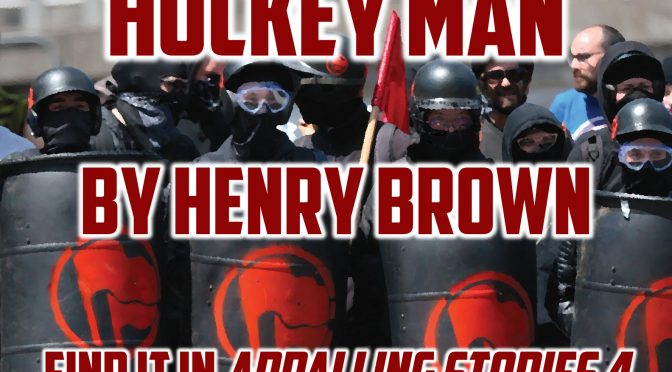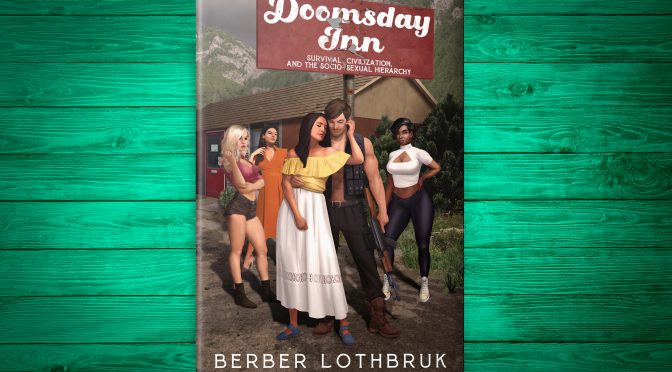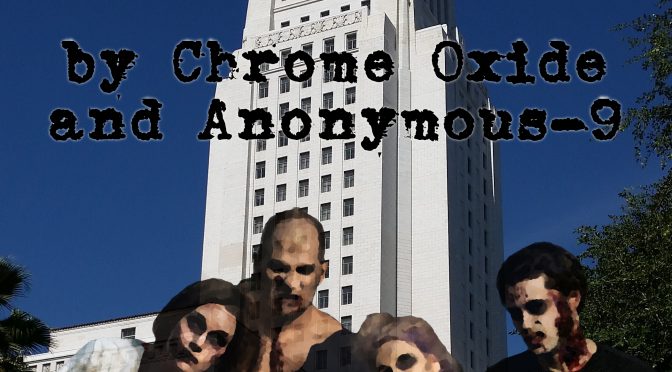Channeling Buggs Bunny, at least one Antifa Blackshirt is probably now thinking, “Maybe we shouldn’t have taken that left turn in Albuquerque.”
Communist agitators and their Millennial pawns decided the time was right for them to pull down some statues of famous Spaniards. For whatever reason, members of “the New Mexico Civil Guard” also showed up.
In the video above, you can see a man in a blue shirt being assaulted by members of the mob. He retreats, but is pursued, caught, and attacked by multiple assailants. One of them bashes him with a skateboard just before the man produces a pistol and drops that attacker with several shots.
In the YouTube video (which has already been suppressed by their communist gatekeepers–big surprise), you could see the very end of the confrontation, then several minutes of the aftermath. Unfortunately for the Thought Police, I archived part of that video, which is below:
Here are some observations to think about (some of which is based on what I saw in the longer video before it was censored):
- As the man was trying to leave the statue-slaying orgy, the Antifa Blackshirts were bleating, “Get his license plate!” This tells you that even though they were the ones committing the crime, that they knew the corrupt officials in New Mexico’s government were on board with their agenda. Out of one side of their mouth, they want to abolish the police. Out the other side of their mouth, they expect the police to help dox their political targets.
- There were apparently some NM Civil Guard members on site, but it looks like they were all acting individually instead of as a team. The man in blue was separated from his allies with nobody to watch his back. Not the smartest tactical decision.
- Had the man not shot one of the attackers, the Blackshirts would have continued to dogpile on him. While he wrestled with two of them, the third piled on. This would have continued until the man was overwhelmed.
- This orgy had gone on for quite a while and the police were nowhere to be seen. Had the mob successfully beaten the man to death, cops might not have arrived until hours after the fact. Only when Antifa’s mission was thwarted did the cops show, geared up like occupational troops. They arrested Antifa’s would-be victim.
- A still photo of the action reveals that one of the communists was attacking the man with a knife.
- The climax was a flurry of instinctive action. The communist who used the skateboard to assault the man saw the pistol and turned to flee, but the man’s trigger finger was already squeezing.
- One of the “peaceful protesters” told police, “He shot him in the back!” This makes it sound like the man defending himself just gunned down some random person for no reason. None of the New Mexico Civil Guard on scene corrected him that I heard, or made any statements to the police.
- Here’s what the Marxist governess of New Mexico said about the incident: “I am horrified and disgusted beyond words by the reports of violence at a protest Monday night in Albuquerque. The heavily armed individuals who flaunted themselves at the protest, calling themselves a “civil guard,” were there for one reason: To menace protesters, to present an unsanctioned show of unregulated force. To menace the people of New Mexico with weaponry – with an implicit threat of violence – is on its face unacceptable; that violence did indeed occur is unspeakable.” Is there any doubt whose side she is on and from what direction she will be exerting pressure on her lapdogs in the courts?
- Make no mistake: had the mob beaten that man to death, she would not be “horrified and disgusted” by the violence. She would probably have not even mentioned it.
- Self defense = “unregulated force.” This is not “liberal bias” or “ignorance.” This is her Leninist conditioning: Whatever a fellow traveler does is justified; whatever a counter-revolutionary does is an atrocity.
- It is “unacceptable” that victims of violent gangs be allowed to defend themselves.
- “To menace the people of New Mexico with weaponry.” There is more than one message embedded in this wording:
- The would-be victim was oppressing (“menacing”) the violent lynch mob.
- The “people of New Mexico” are all in agreement with her and the rioters. If you disagree or have a different ideology, you are not a person or a New Mexican and therefore should be chased down and beaten by a mob.
- “Weaponry” is what thwarted Antifa’s mission; and it could thwart future communist objectives–therefore it “menaces people.” This is in line with Joy Behar’s televised ignorance that armed American citizens are “terrorists.” Like everything else, this will be promoted as yet another excuse to disarm law-abiding Americans.
This guy is probably going to be railroaded by the blue state’s Kangaroo Court. And we know he won’t get justice from the US Supreme Court, don’t we?
Here’s part of a comment I read on another site (in response to “conservatives’ blind faith in police, and armed peaceful protests, as in Virginia months ago). He sums up my own thoughts fairly well:
“The security forces seem more enthusiastic about confronting the armed Right with force when the opportunity arrives (militarized cops detained armed counter protesters just yesterday in New Mexico after a shooting), and are completely intimidated in the face of Leftist violence to the point that they will allow arson, looting and the destruction of their own police stations. It is obvious that the security forces understand that the politicians are protecting left wing violence while at the same time expecting them to deal harshly with any Right wing demonstrations even if they are non violent. Given this, the security forces are nothing but a hindrance to our legitimate self defense , and despite apparently being arrayed against the Left, they are in effect the enemy. I believe that they will allow any level of violence against us that the Left is willing to take and that they will only intervene when the Right starts shooting back in self defense. I expect that at some point the Right will just shrug and put both BLM/Antifa and the Secfor in the same category once shots are fired. It just makes no sense to defend yourself from a homicidal mob and then surrender yourself to a justice system that will hand you over to that same mob anyway. I suppose that means that the best we can hope for is that the current enemy success in eroding the power of the Police State will eventually erode that same system’s ability to to suppress our self defense.”

